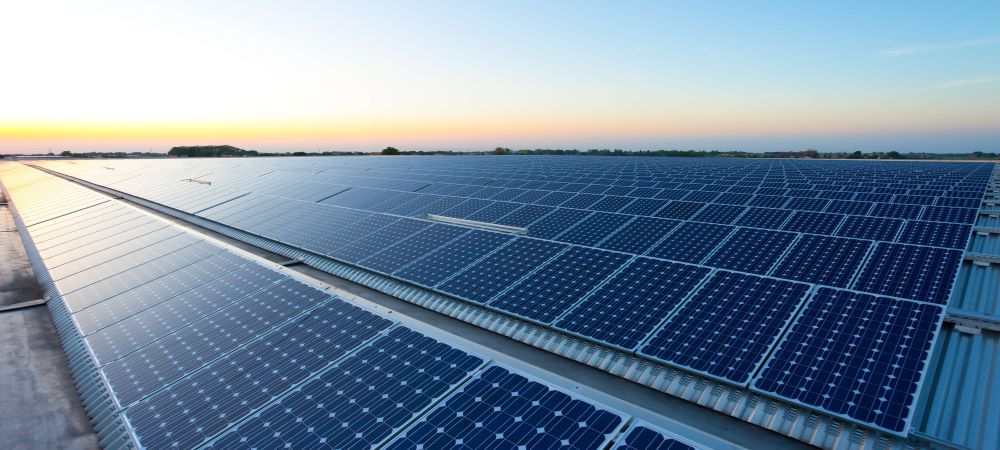
Using solar energy to power a commercial building can provide a number of benefits, including:
Cost savings: Solar energy is a renewable and abundant resource, and once the initial investment in solar equipment is made, it produces energy at no cost. This can significantly reduce or eliminate the building's electricity costs.
Improved environmental performance: Solar energy is a clean, renewable energy source that does not produce greenhouse gas emissions. By using solar energy, commercial buildings can decrease their carbon footprint and help mitigate climate change.
Increased energy independence: Solar energy systems can allow commercial buildings to generate their own power and reduce their dependence on the traditional electrical grid. This can be especially beneficial for commercial buildings in remote or off-grid locations.
Better data and insights: By monitoring and controlling energy use, commercial buildings can track energy usage patterns and use the data for better decision-making about their energy usage.
Compliance with regulations: Solar energy systems can help commercial buildings comply with regulations related to energy efficiency and renewable energy.
Provide more attractive looks to the building: A well-designed solar panel system can add an aesthetic appeal to the building, which could be an attractive aspect to visitors, clients, or future tenants.
Solar systems for commercial buildings are highly scalable, meaning that they can be designed to meet the specific energy needs of the building. Here are a few ways in which solar systems can be scaled for commercial buildings:
Array size: The size of the solar array can be adjusted to meet the energy needs of the building. A larger array will be able to generate more electricity, while a smaller array will be more cost-effective for smaller buildings with lower energy needs.
Module type: The type of solar module used can also be adjusted to meet the energy needs of the building. For example, monocrystalline modules are more efficient, but they are also more expensive, while polycrystalline modules are less efficient but more cost-effective.
Roof size and orientation: The size and orientation of the roof can also be taken into account when designing a solar system for a commercial building. A south-facing roof is ideal for solar power generation, but east- and west-facing roofs can also be used, although with lower efficiency.
Battery storage: Solar systems for commercial buildings can also be designed to include battery storage. This allows the building to store energy generated by the solar panels during the day, and use it later when the sun is not shining, which can help to reduce the building's dependence on the grid.
Grid-tie or off-grid: The solar system can be connected to the grid (grid-tie) or disconnected from it (off-grid) depending on the building's needs. A grid-tie system will feed the excess power back to the grid, while an off-grid system will use batteries to store the excess energy.
Combining with other sources: The solar system can also be combined with other renewable energy sources such as wind, geothermal, and hydro. This can provide a more reliable and consistent source of energy, as different sources may have different availability depending on location and weather conditions.
Overall, the scalability of solar systems for commercial buildings allows for a customizable approach that can adapt to the specific energy needs of the building, while also considering factors such as cost and the available roof space. Additionally, the scalability of the system allows it to grow with the energy needs of the building, and it's easier.
EBEB Solutions, a team of certified professionals including Energy Managers, Demand Side Managers, and Sustainable Development Professionals, offers a comprehensive range of energy audit services, including ASHRAE Level I, II, and III assessments, energy management solutions, renewable energy services, project financing options, tax and rebate assistance, and design-build services.